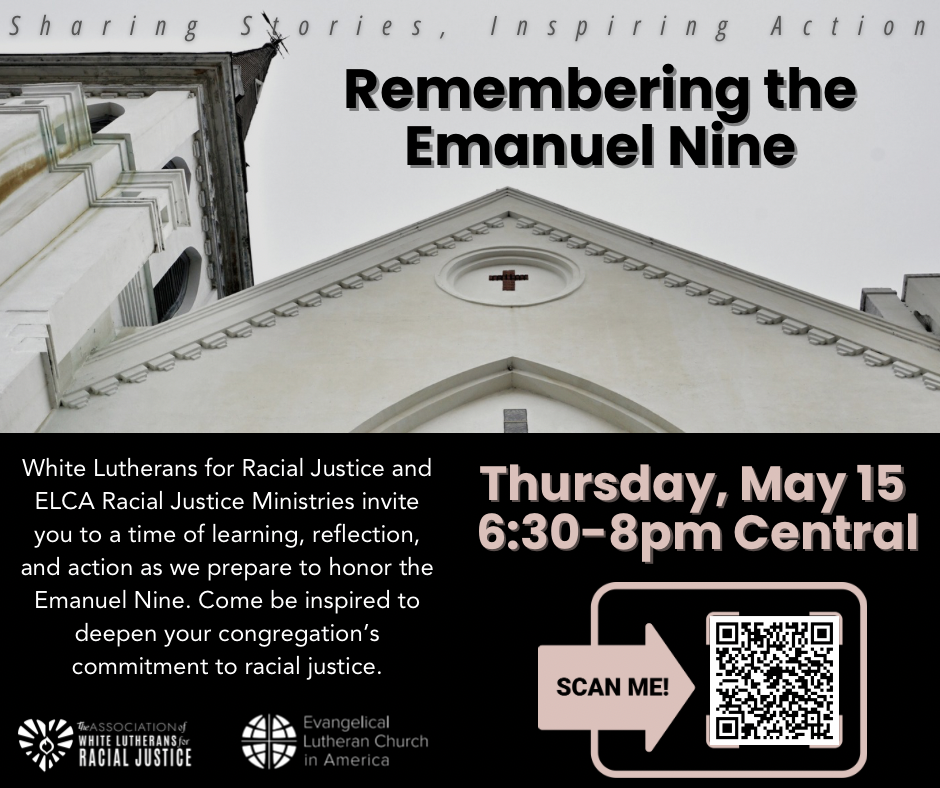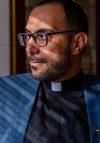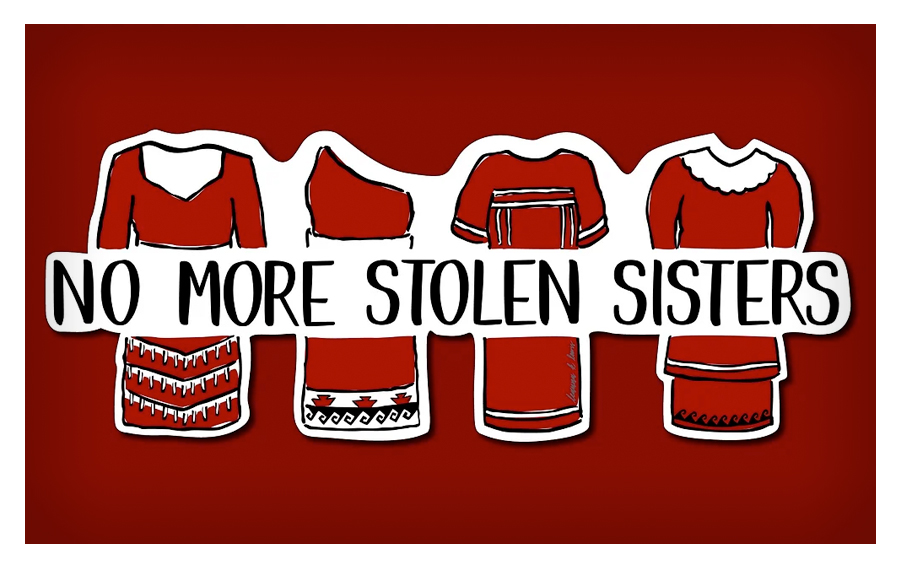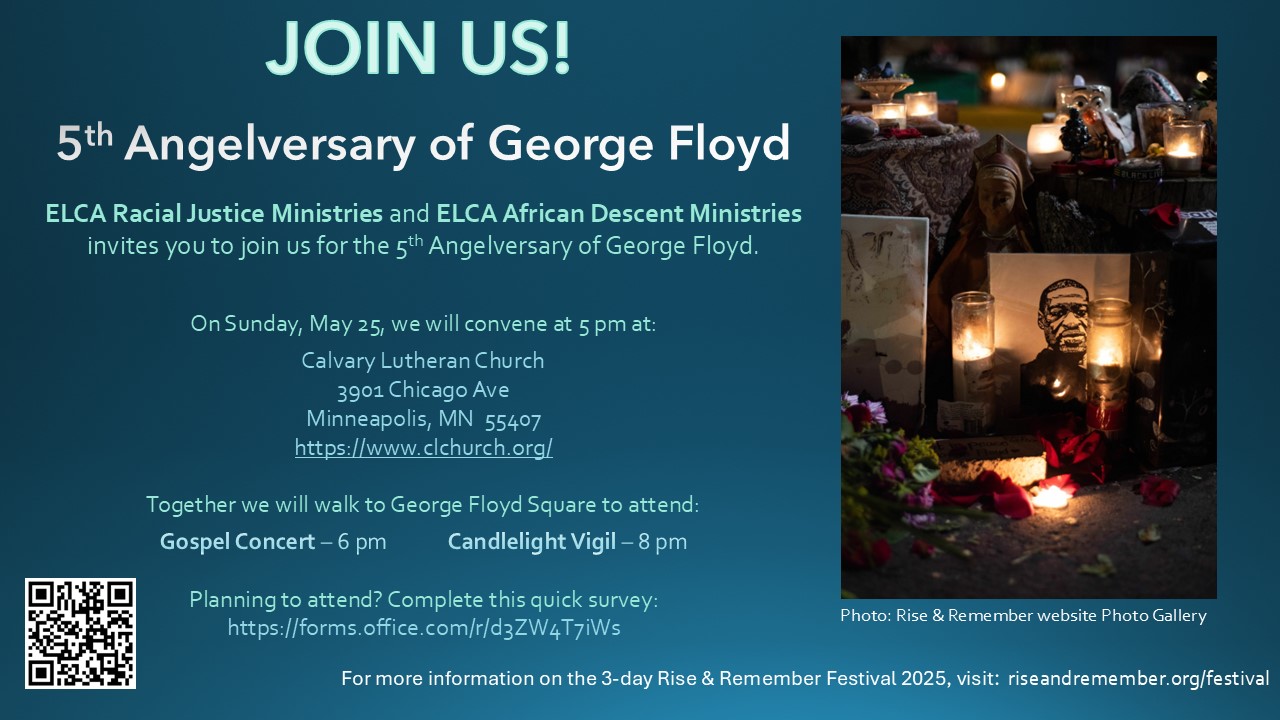In honor of Arab American Heritage Month, ELCA Racial Justice Ministries will be elevating the voices of our Arab and Middle Eastern Descent peers and reposting their works from other sources around the ELCA. The following is cross-posted from Living Lutheran. You can find the original post here.
My take: We are not newcomers
Let us not just celebrate Arab American heritage—let us be changed by it
By Khader Khalilia | April 28, 2025
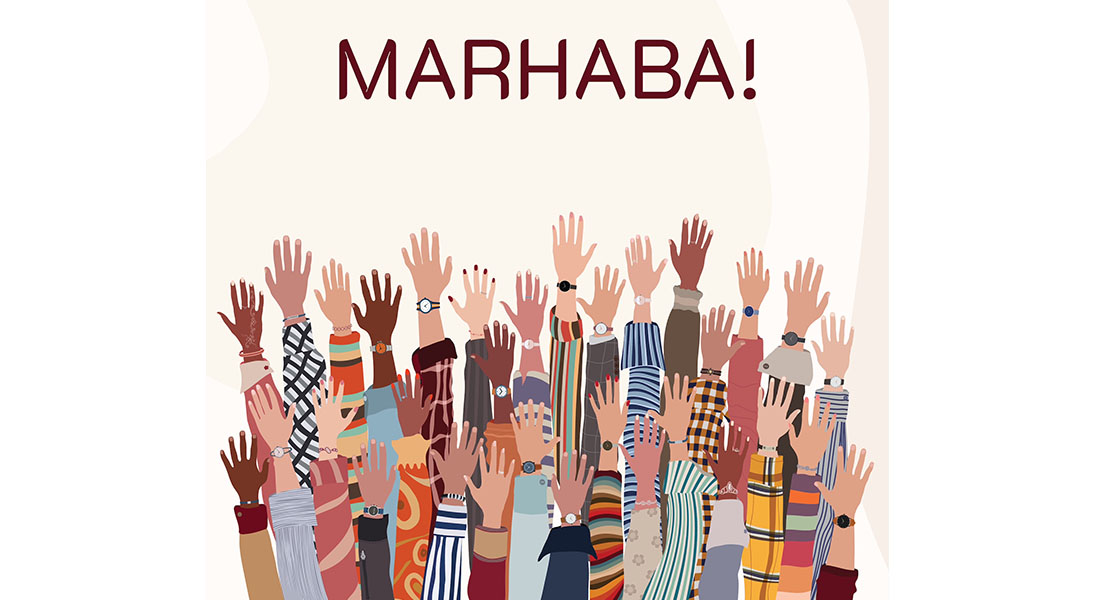
Marhaba (mar-huh-bah or mar-ha-bah). A simple word, ancient and powerful. Rooted in Aramaic and Syriac languages of early Middle Eastern Christians. It means more than just “hello.” It means God is love. It’s a greeting, a theology, a word grounded in relationship, faith and belonging.
April is known as Arab American Heritage Month, but the church is invited to not only observe one month out of the year but to reclaim marhaba as a spiritual practice of welcome, belonging, dignity and solidarity.
At the heart of our culture is hospitality. The moment a guest walks into our home or church, we no longer see them as a stranger—they are part of our family. We don’t just offer food, we offer belonging. You’re not just a visitor, you’re embraced with dignity and love. That spirit of open doors and open hearts mirrors the gospel: there are no outsiders in the body of Christ. The church is called to do likewise—not only to welcome the stranger but to receive them as part of the body of Christ.
But for too long, Arab Americans have been painted as the “other.” Our stories flattened and identities misrepresented. Whether Muslim, Christian, Druze or otherwise, in Hollywood and other places, including the church, we’re cast as villains, terrorists, foreigners or footnotes. These images have real consequences—from hate crimes and surveillance to erasure and isolation. Even indigenous Arab Christians who are descendants of the earliest followers of Christ are often invisible in American Christian spaces.
That’s why this month matters.
It’s why we give thanks to the ELCA, specifically the Ministries of Diverse Cultures and Communities (MDCC), for opening its doors to Arab American communities. For making space not only for our language, culture and style of worship but for our leadership, theology, story and witness. Through the MDCC’s support, Arab Lutheran congregations are taking root in places where the gospel is preached in Arabic, where Dabke is danced in celebration and where marhaba is lived out loud. These congregations aren’t side projects—they are essential to the church.
Arab Americans have helped build this country. We are doctors, engineers, teachers, artists, small-business owners, veterans and public servants. We’ve enriched American cuisine, contributed to scientific breakthroughs, helped shape national policy and led movements for justice. Arab Americans have woven their lives into every part of this nation’s fabric.
We are not newcomers—we are neighbors.
Let us remember: marhaba is not just about welcome. It’s about belonging.
Representation shapes how we see God and how we see each other. To support Arab American ministries is to proclaim that Christ speaks every language, eats every dish and walks with every people. It’s to remember that Christianity was never Western to begin with, and we did not convert from Judaism or Islam. Jesus was born in my hometown, Bethlehem; grew up in Nazareth; and was crucified in Jerusalem. And Christianity first spread across lands now called Syria, Palestine, Lebanon and Egypt.
Marhaba is more than a greeting. It’s an invitation to reimagine the church as a place where no one is foreign. It’s a call to resist tokenism and performative inclusion and instead build real relationships rooted in listening, trust and shared struggle.
So this month, let us not just celebrate Arab American heritage—let us be changed by it.
Let us teach and preach about the early church as a living legacy still carried in Arab American communities. Let us teach our congregations that when Jesus said to love your neighbor and the stranger, he was talking to a people who knew what it meant to flee, to be displaced, to be labeled othered. Let us break down the walls that separate us from our neighbor and dismantle racism, support Arab-led ministries and show up in solidarity when our siblings are targeted or dismissed.
Let us remember: marhaba is not just about welcome. It’s about belonging.
To my beloved ELCA, we thank you for making room at the table for us. For helping Arab American congregations not just survive but thrive. For reminding the whole church that inclusion reflects the kingdom of God.

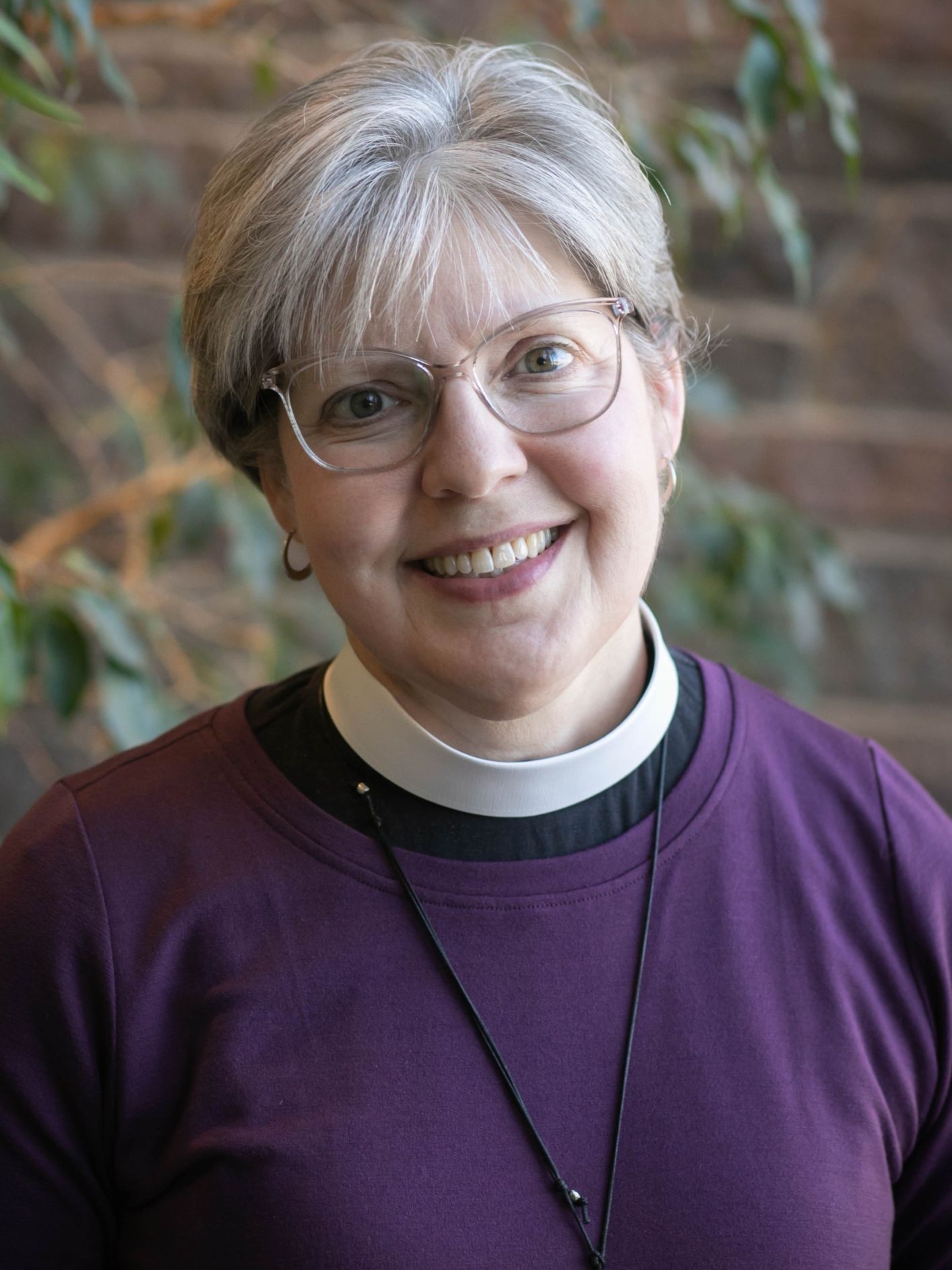 By Bishop Jen Nagel
By Bishop Jen Nagel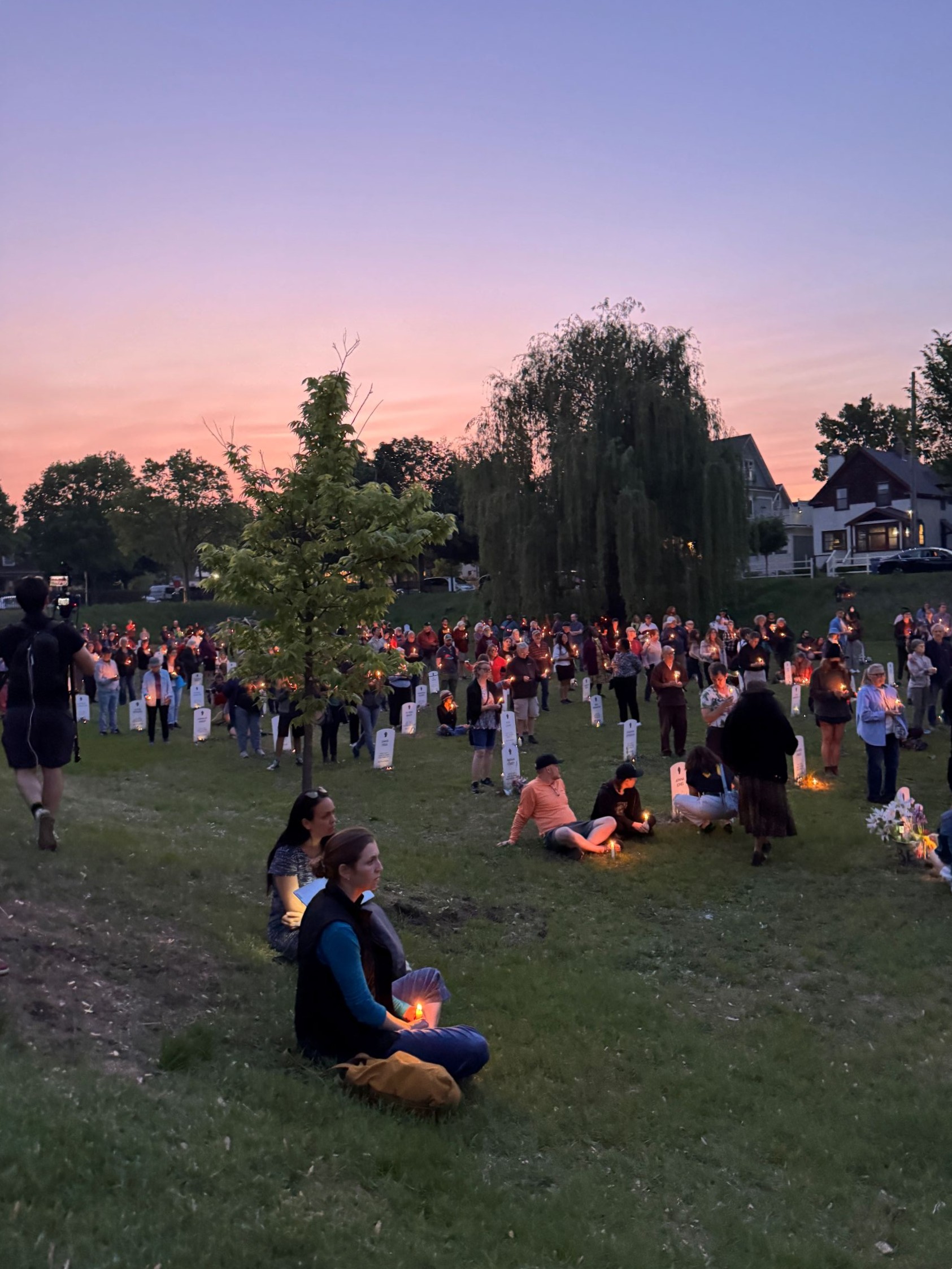
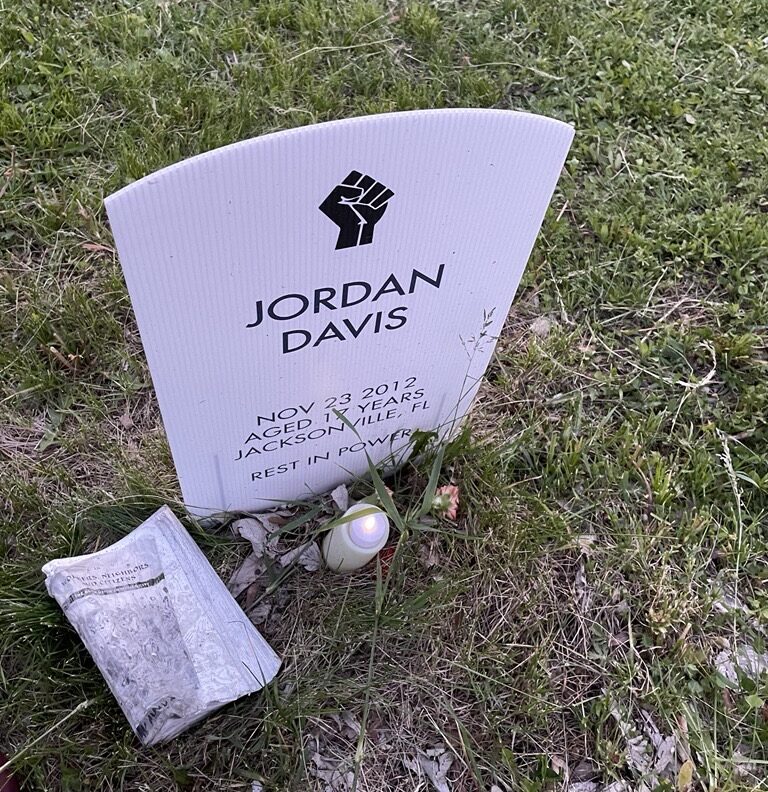 Holding space.
Holding space. 